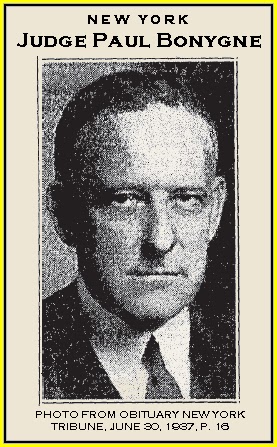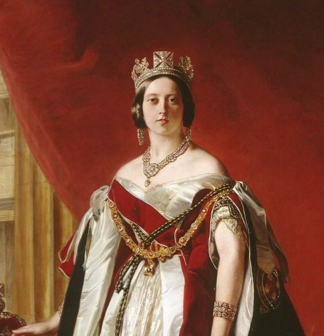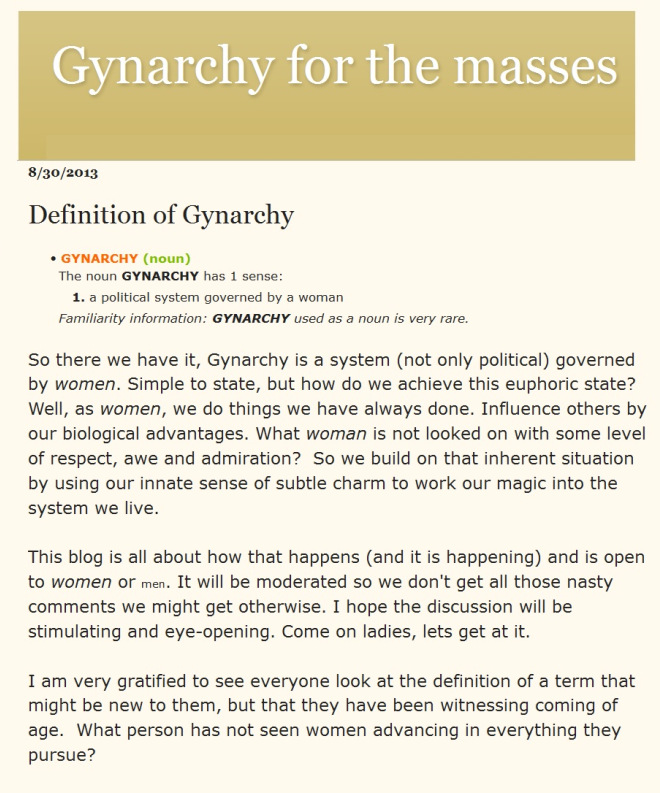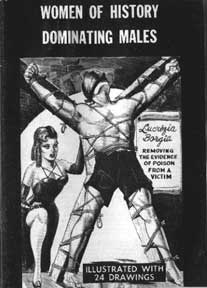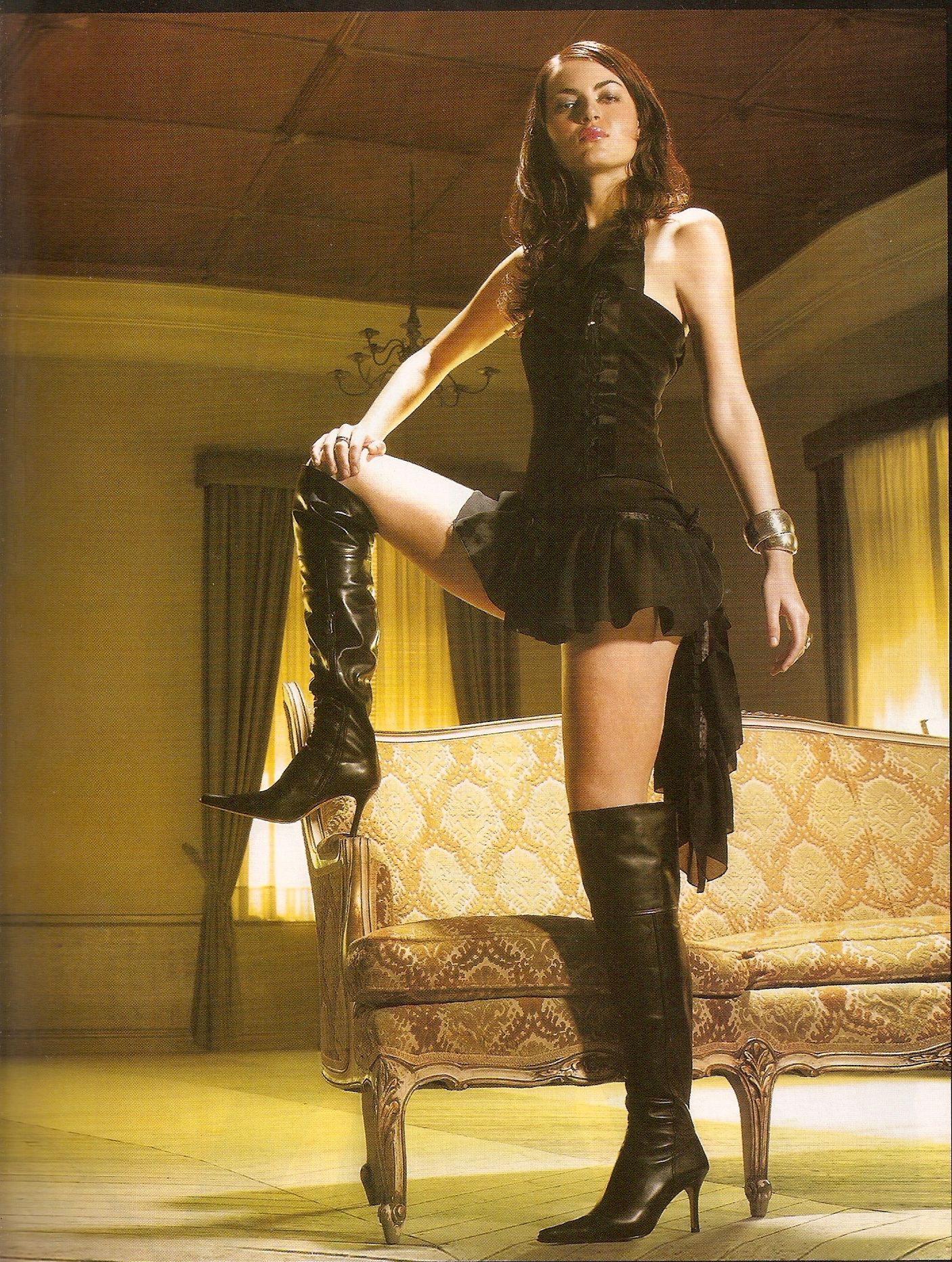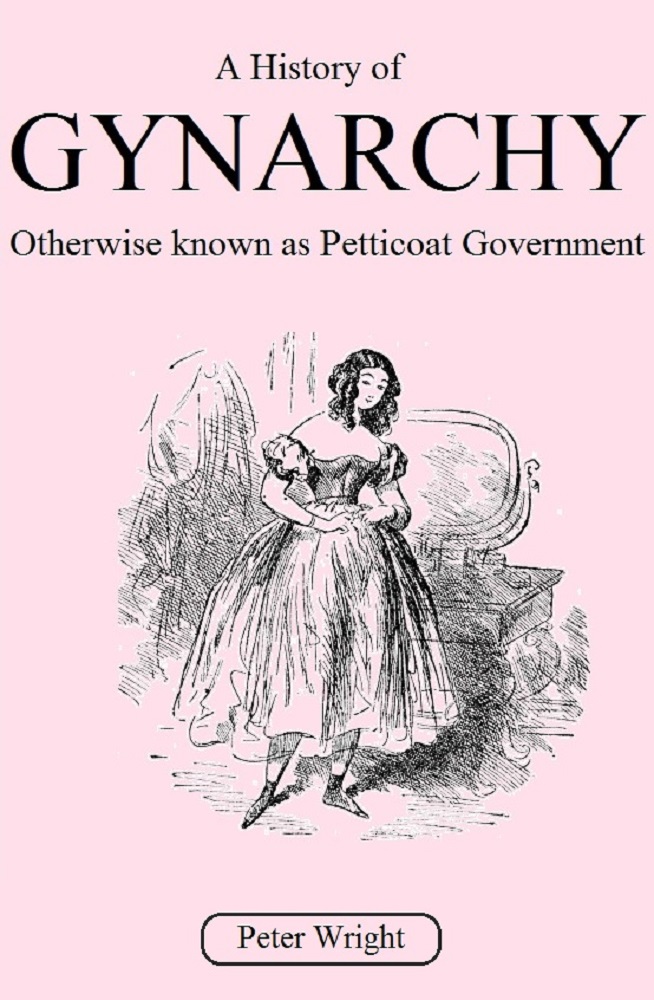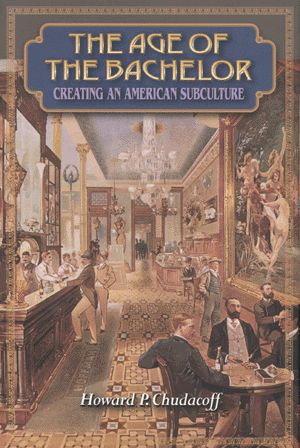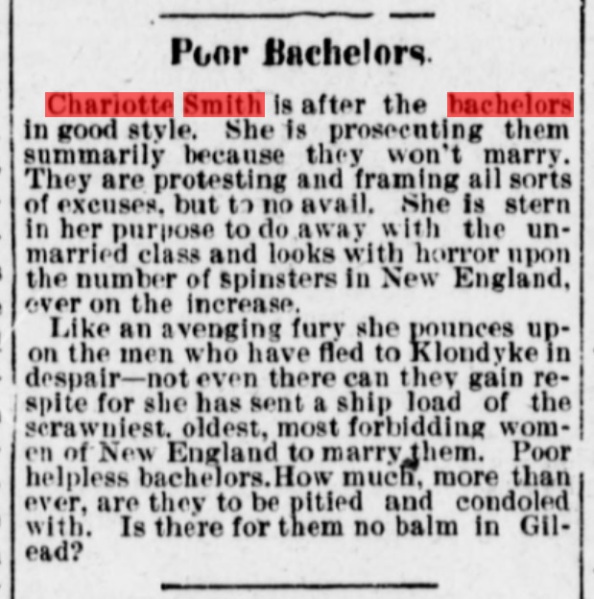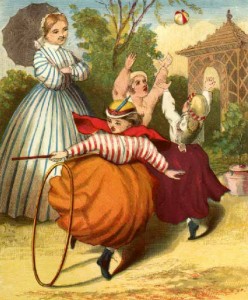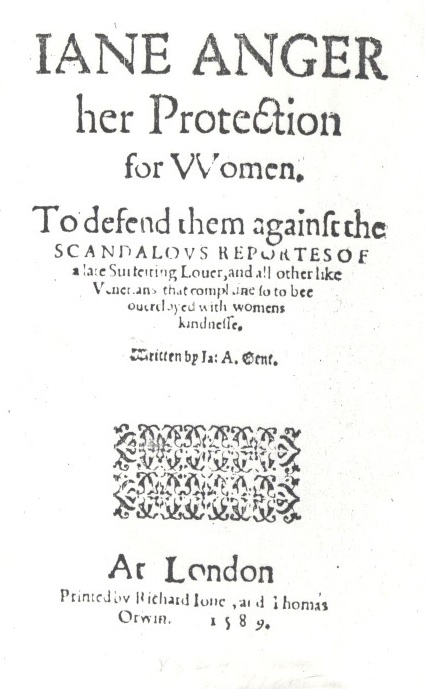Historian Robert St. Estephe is dedicated to uncovering the forgotten past of marginalizing men. The following commentary and newspaper articles compiled by Mr. St. Estephe recount the story of a young immigrant man sentenced to life in debtor’s prison – being locked up for failing to meet his young wife’s demands for money for herself and the relatives she brought over from the Old Country to be supported by her bricklayer husband. Of particular interest is the use of the phrase ‘petticoat government’ and ‘petticoat justice’ in two of the newspaper articles below. – PW
While the above poster advertises a classic movie from the 1940’s, its theme was based on a very real social malady spanning the length of the 20th century. It was the alimony racket that inspired the first organized resistance in the United States to government-sponsored misandry. The first of many anti-alimony organizations was formed in New York City on 1927. (Robert Ecob: Early MHRA). Newspapers regularly recount horror stories of men whose lives were ruined by women who demanded to be supported by ex-husbands and, research has revealed, wives enjoyed the power to demand an ex-husband’s incarceration at will when he could not afford to pay up– even when the former wife had no need for the funds (The Alimony War of 1935). To give one real-life example, in 1933 a young Italian immigrant, a humble bricklayer by the name of Umberto Politano, became the poster boy of the New York anti-alimony activists with his story of a de facto “life sentence” to jail for failing to live up to his briefly-wedded wife’s demand that he support her and the Italian relatives she imported.
Umberto was only a poor laborer who could not even speak the tongue of his new homeland when he was thrown into alimony jail, but he did possess common sense. Logic was the weapon he used to eventually defeat the law ruling and the institutionalized female privilege of the chivalric American culture to at least gain his freedom after two and a half years in jail – his punishment for not paying the alimony which his jailing prevented him from being able to pay.
The words of Justice Bonygne and the commentary on this case and the alimony racket in general as described by famous magazine writer Ruth Seinfel,* dating from 1933, have a familiar ring to them — as if they were written 80 years later by the typical men’s human rights supporter.
FULL TEXT (Newspaper article 1 of 4): New York, March 2, 1933 – Umberto Politano, a bricklayer, war veteran and, by right of jail seniority, president of the Brooklyn Alimony Club, was freed from confinement with the tart observation of Supreme Court Justice Bonynge, “this carries the supposed rights of women to absurd, not to say unconstitutional lengths.”
For two years and seven months. Politano has been inmate of Brooklyn Alimony Jail, failing to pay $12 a week to his wife, Mary Politano, who sued him for separation in October, 1927 – a suit that never has been tried. Repeated contempt orders have renewed his term and Justice Bonynge’s decision was rendered in the face of a recommendation by a special master which the court set aside.
~ Wife in Contempt. ~
“Even a lowly alimony prisoner has constitutional rights,” said Justice Bonynge, and he quoted the constitutional guarantee: “Cruel and unusual punishment shall not be inflicted.”
Criminal contempt, Justice Bonynge pointed out is more grave than civil contempt, and yet, even in flagrant cases punishment is limited by statute to a jail sentence of 30 days and a fine of $250.
“However, let a waspish woman pluck the sleeves of the judicial gown, or nudge the elbow concealed therein, and this temperate restraint immediately cast aside and the delinquent spouse faces the possibility of unending imprisonment through successive adjudication of contempt.”
~ Husbands Have Been Patient. ~
“Through the ages man has yielded authority in the home to the opposite sex and accepted the consequences with humility. With a bland of humor, resignation and affection, the relationship has come to be known as petticoat government.”
“While the institution has functioned reasonably well, there are those who doubt the expediency of its extension into a form of petticoat justice.”
Concluding his opinion, Justice Bonynge wrote:
“If an evil-doer invades my court room and reviles me or my ancestors or my country, with indecent or blasphemous utterances, a penalty of 30 days in the straight-jacket of my righteous wrath is incurred. Can I truthfully say that through poverty or misfortune this defendant, who shouldered arms when the need was great, who omits to pay alimony to a vindictive and relentless wife has offered my court an affront more than thirtyfold greater?”
“The answer being obvious, the defendant is ordered released from imprisonment forthwith.”
[“Even Patient Husbands Have Rights Says Court – In Jail 31 Months for Not Paying Alimony, Jurist Denounces Waspish Women,” The Reading Eagle (Pa.), Mar. 2, 1933, p. 7; spelling “thirtyfold” in original]
 FULL TEXT (Newspaper article 2 of 4): Umberto Politano, the long-suffering martyr to our alimony system is free at last after two years and seven months of languishing in Raymond Street jail, Supreme Court Justice Paul Boynynge set him free the other day, and I am told that the Justice’s decision will set a precedent for future common sense and mercy in dealing with men who are without funds to meet their ex-wives’ demands.
FULL TEXT (Newspaper article 2 of 4): Umberto Politano, the long-suffering martyr to our alimony system is free at last after two years and seven months of languishing in Raymond Street jail, Supreme Court Justice Paul Boynynge set him free the other day, and I am told that the Justice’s decision will set a precedent for future common sense and mercy in dealing with men who are without funds to meet their ex-wives’ demands.
But his Honor did more than set a precedent. He wrote an opinion which not only ex-wives but women who have no thought of Reno might do well to ponder. In pointing out that “even a lowly alimony prisoner has constitutional rights,” Justice Bonygne had some crisp things to say about “petticoat government” and “waspish wives.”
“Let a waspish woman pluck the sleeve of the judicial gown or nudge the elbow concealed therein,” his Honor meditated, “and … restraint is immediately cast aside and the delinquent spouse faces the possibility of unending imprisonment through successive adjudication of contempt. This carries the supposed rights of woman to absurd, not to say unconstitutional, lengths.”
And so he set Mr. Politano, who has been called the “alimony lifer,” free. I should like to be able to say fine words about the triumph of justice, but I am too much humiliated by the outrage that has been perpetrated so long in the name of justice, and by members of my sex.
I suppose it was necessary for the unfortunate Mr. Politano to lie in jail more than two years ago and a half so that bills might at last be brought before the Legislature at Albany to curb the dreadful power of vindictive women. But what I should like to see is an administration of justice which would throttle what Justice Bonynge calls petticoat at its source.
~ A Morning in Family Court ~
I remember with the keenest delight a morning I spent sitting beside Magistrate Jonah B. Goldstein in the Family Court. Domestic disagreements of all sorts were laid before his Honor, some tragic and some that made it hard for your reporter to maintain a dignity befitting a guest of the court. When a young woman stepped up to the bar and began to tell a story of nonpayment of alimony I pricked up my ears. Now, I thought bitterly, I would see a man sent to jail.
Magistrate Goldstein has thick black brows and he can look very stern. He now looked very stern, indeed, as he leaned toward the woman before him.
“Madame,” he asked, “are you in good health?”
The woman said she was in good health, and indeed she was blooming with it.”
“I understand that you have no children?” his Honor asked further.
No, she had no children. his honor leaned back on the bench.
“Madame, you have no children and you are in good health,” he said. “Yet you ask this man to contribute so much per week to your support. Do you keep house for him? Do you cook his dinner? Do you look after his clothes, darn his socks, mend his shirts, do his washing? Do you provide him with companionship? No, you do none of these things.
The young woman opened her mouth to speak and closed it again. A few minutes later she emerged from the court to seek a living for herself. The alimony judgment had been set aside.
And that is what I mean by justice.
[Ruth Seinfel, “’Petticoat Justice’ – Some Sharp Words Emerge from the Supreme Court in the Case of Mr. Politano, Alimony Lifer,” New York Evening Post (N.Y.), Mar. 6, 1933, p. 13; The word “system” has been inserted in the place of a word that is illegible in the photographic digital source from this article has been transcribed.] Ruth Seinfel was a regular contributor to Collier’s magazine, the leading magazine of investigative journalism of its time. Wikipedia notes that “as a result of chief editor Peter Collier’s pioneering investigative journalism, Collier’s Weekly established a reputation as a proponent of social reform.”
FULL TEXT (Newspaper article 3 of 4): The court of appeals today granted authority to Umberto Politano, of Brooklyn, to renew his suit for $50,000 against Sheriff James A. McQuade, of Kings County, who was accused of illegally confining Politano in jail for failure to pay alimony.
Politano was sent to jail on July 29, 1930, for three months for failure to pay alimony. Subsequently he was accused of neglecting to pay during his imprisonment. His sentence was stretched to nine months. Politano contended he should have been released on April 29, 1931, but instead was held until March 1, 1933.
Sheriff McQuade argued that Politano was held because he failed to give security for future alimony payments as ordered in his complaint and that the facts were insufficient to support an action. The Applelate Division ruled that there was cause for action because no time limit had been set for Politano to comply in posting bond. Politano’s wife obtained a separation order and an allowance of $12 a week alimony in 1921 and he was $216 in arrears when he was jailed.
[“’Alimony Lifer’ Gets Right to Sue McQuade,” New York Tribune (N.Y.), Dec. 7, 1933, p. 17]
FULL TEXT (Newspaper article 4 of 3): New York, Feb. 4 – Umberto Politano, president of the Alimony Club of Brooklyn, who is known as the “alimony lifer” because of the time he has served, moved today to recover damages for excessive imprisonment.
Justice Mitchell May, of the Supreme Court, Brooklyn, gave Mr. Politano permission to sue the Fidelity & Deposit company of Maryland, which provided $60,000 in bonds for the two Sheriffs who held Politano in the Raymond street jail, Brooklyn, for a total of two years and seven months. The Sheriffs were Aaron L. Jacoby, whose term expired December 31, 1931, and Sheriff James A. McQuade, who died May 5, 1935. Mr. Politano originally sought to sue the Sheriffs on the ground that they kept him in jail twenty-two months illegally. Mr. Politano contended that he could be held only three months on each of the three alimony orders served on him.
Justice May told that Mr. Jacoby’s liability extended only until his term expired and that Mr. Politano should have instituted suit within a year of that expiration. He added that Mr. McQuade’s death had absolved him personally of responsibility, but that it did not absolve the bonding company. The bond issued for each Sheriff was for $30,000.
[“Alimony Lifer” Allowed To Sue Surety Firm Here – Brooklyn Man Given Right To Bring Action Against Fidelity And Deposit Company On Bonds Of Sheriffs For Excessive Imprisonment,” The Sun (Baltimore, Md.), Feb. 25, 1937, p. 26]
Article source: http://www.avoiceformen.com/series/unknown-history-of-misandry/an-alimony-slaves-bricks-of-logic/
